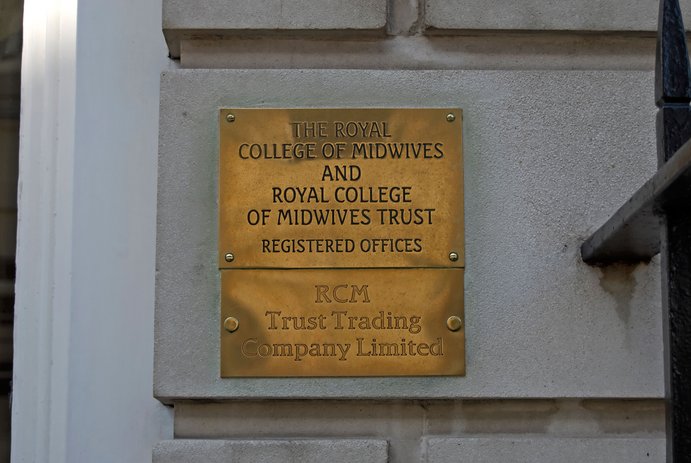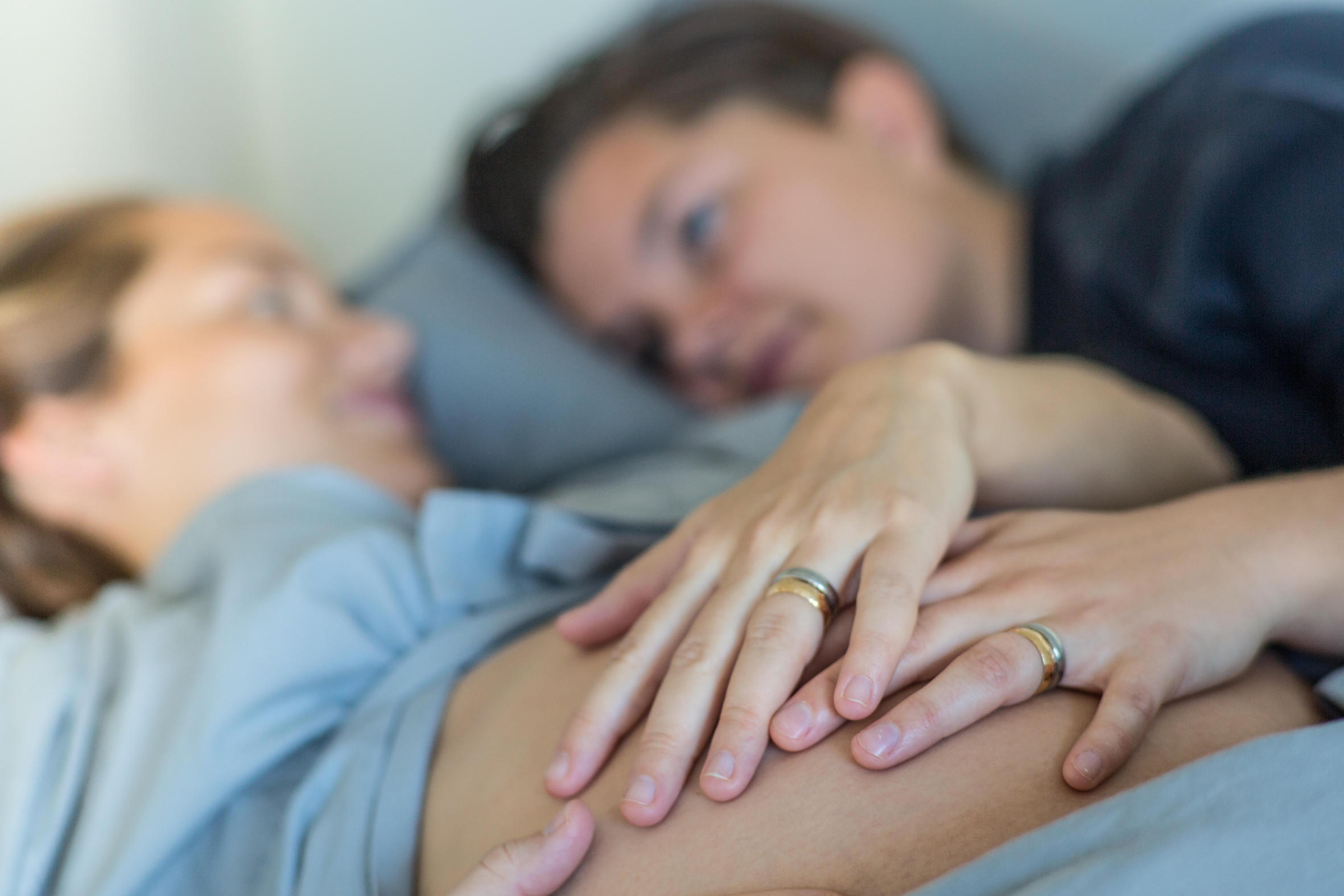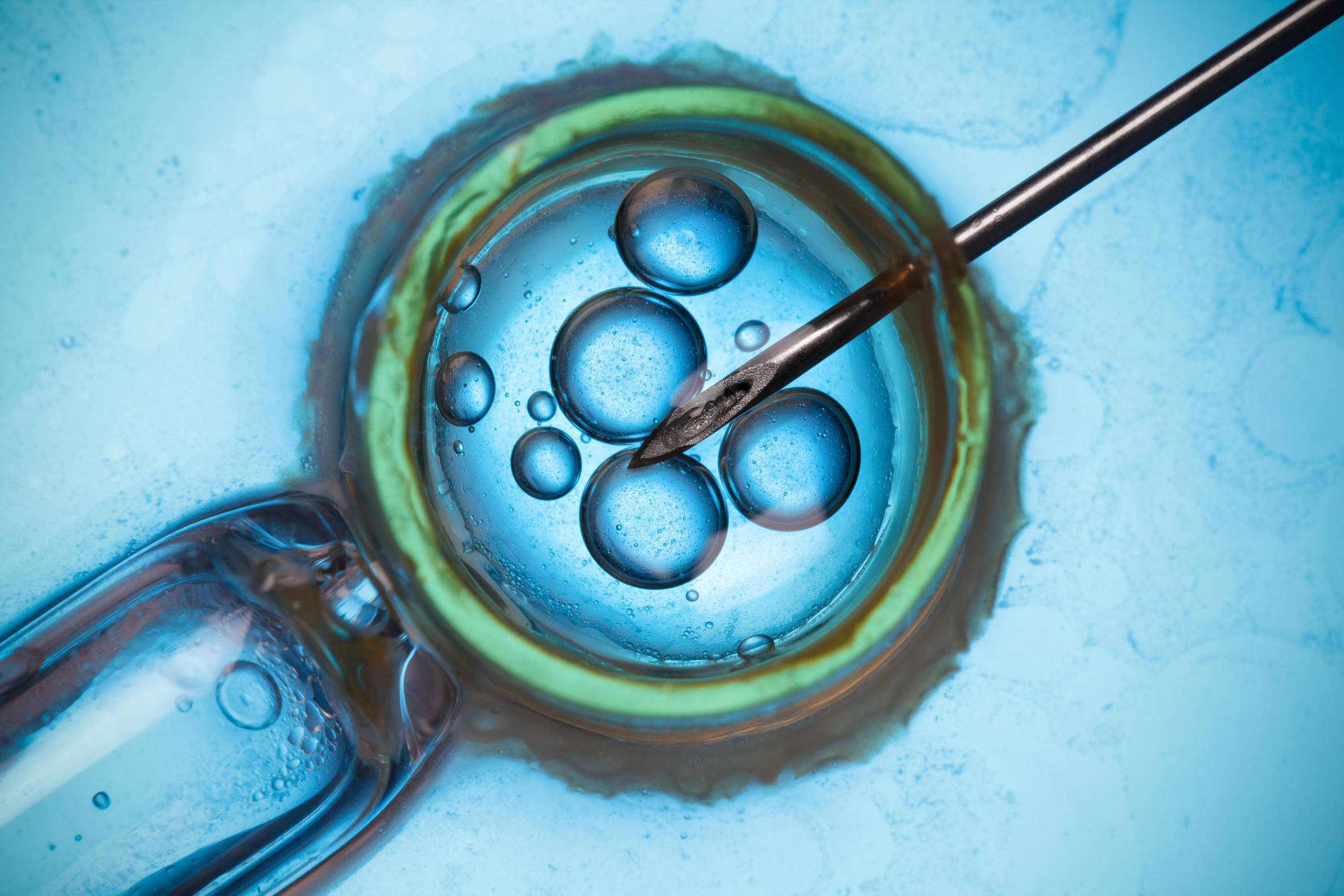I'm about to have a baby - the Birth Trauma Inquiry findings make it so hard to trust the system
The horrors of poor maternal care are compounded by how little we Brits are told about the raw realities and risks of birth. Why was I taught more about plants' reproductive systems than my own?
In my first antenatal class, I watched as our kind-faced midwife replicated the process of giving birth by slowly deflating a balloon with a ping-pong ball inside. As the air was pushed out with rhythmic squeezing (contractions), the neck of the balloon became longer and slowly began to open. This, I was told, represents my cervix.
It was at this moment that I had to take a pause. Not because I was disturbed by the sudden pop as the ping-pong ball baby emerged into the world, but because I was struck by just how little I know about my own physiology.
As a woman in her mid-30s with a solid education, it felt pretty shameful to realise that before this class I wouldn’t have been able to describe my cervix - where exactly it is, what it looks like, or its precise function. My first pregnancy has been an avalanche of these learning moments, and I have been consistently baffled by how overdue it all feels. Why didn’t I know any of this stuff before conceiving my first child?
I am at the slightly unnerving stage of late pregnancy where I could technically go into labour in two days, two weeks, or I could still have a month to go. So, naturally, the news this week concerning the birth trauma inquiry and the harrowing stories mothers are sharing has made for scary reading. Just the breadth and variety of the failings and the things that can go wrong is terrifying in itself, but coupled with an intrinsic lack of knowledge about how my own body actually works has triggered an overwhelming feeling of disempowerment.
The inquiry - which heard evidence from more than 1,300 people who have given birth - has called for an overhaul of the UK's maternity and postnatal care after finding poor care is “all-too-frequently tolerated as normal”, with women reporting that they were ignored, mocked, shouted at, and denied pain relief.
The inquiry also found women from ethnic minority groups experienced particularly poor care, with reports of direct and indirect racism.
The recommendations from the All-Party Parliamentary Group on Birth Trauma include recruiting more midwives and doctors to reduce risks associated with staff shortages, a commitment to tackling racial inequalities in maternity care, and the need to respect mothers' choices around giving birth and access to pain relief.
This is all well and good, and should be implemented. But I would also argue for earlier and more comprehensive birth education for everyone, of all genders, starting in primary school or Year 7 at the latest, in the first year of secondary school. It would help to build confidence when it comes to making vital decisions about birth, advocating for yourself, and feeling empowered and in control during your birthing journey. For the thousands of English and Welsh teenagers who experience their first pregnancy before they turn 16 this could be a lifesaver. And for everyone who experiences pregnancy at any point of their life, this could be a lifeline - both physiologically and for their mental health.
A 2021 study in the British Journal of Midwifery concluded that a person’s sense of empowerment during birth is “an important contributor to the appraisal of childbirth as a traumatic or non-traumatic experience.” Researchers added that empowerment was associated with trust in maternity care, but also the sense of control women feel over their body and birth - and the extent to which they felt informed of their options.
I know more about plants
Learning everything I can about childbirth has been a preoccupation of mine since I found out I was pregnant, but it has also felt like an impossible mountain to climb. Nine-ish months simply isn’t enough time to learn everything I feel I need to know to give me this all-important sense of control when I arrive at the delivery suite. And now that birth is right around the corner, it feels like a scramble. Although the classes I have attended have been reassuring and comprehensive, I get the sense that it is all too little too late.
I remember just one science lesson about childbirth when I was at secondary school, and it was presented more as a deterrent for underage sex than an education on human reproduction. We watched a graphic birth video which the class of Year 9s giggled and squealed their way through, and I don’t remember any follow-up from the teacher, or ever writing an essay or an exam on the subject. In fact, I have a much more comprehensive understanding of how plants reproduce than humans.
This is unsurprising. Guidance in England about sex education remained unchanged for almost 20 years until September 2020 when a new relationships education curriculum became compulsory for all primary schools in England. But research from UCL in February this year revealed that nearly half of teenagers are worried about having children and many still lack knowledge about their reproductive health.
More than half (65%) of the 11-18-year-old students rated the sex education they had received as just “adequate” or below and half (49%) said they did not know when a woman was most fertile. This is likely just the tip of the iceberg, as the gaping holes in my knowledge only became apparent when I was faced with childbirth myself.
There are deep-rooted, systemic issues at the heart of the birth trauma crisis that is unfolding in UK maternal care. Better education alone cannot tackle the chronic staff shortages, lack of resources, or the systemic biases that have led us to this point. But, if we all - men and non-birthing people included - had a more solid educational foundation in human physiology, reproduction, pregnancy and, crucially, childbirth, it would at least remove some of the fear of the unknown.
As a mixed Black woman, I’m acutely aware of the additional dangers of racial discrimination in maternal health settings. Black women are still four times more likely to die in childbirth than white women. The more knowledge I have in my arsenal, the more equipped I will feel to push back against mistreatment, or even to recognise when staff - who are often overworked and overstressed - aren’t providing optimal care.
The key principles of my birthing classes have been to focus on remaining calm, adapting to changing situations, and feeling in control. When I do go into labour, I know I would be in a much better position to “trust my instincts” and “harness the power of my breathing” if I had a deeper fundamental understanding of how it’s all supposed to work.
Natalie Morris is Senior Editor at The Lead, freelance journalist focusing on social injustice, and author of 'Mixed/Other' and 'Believe'.
The Lead is now on Substack.
Become a Member, and get our most groundbreaking content first. Become a Founder, and join the newsroom’s internal conversation - meet the writers, the editors and more.





